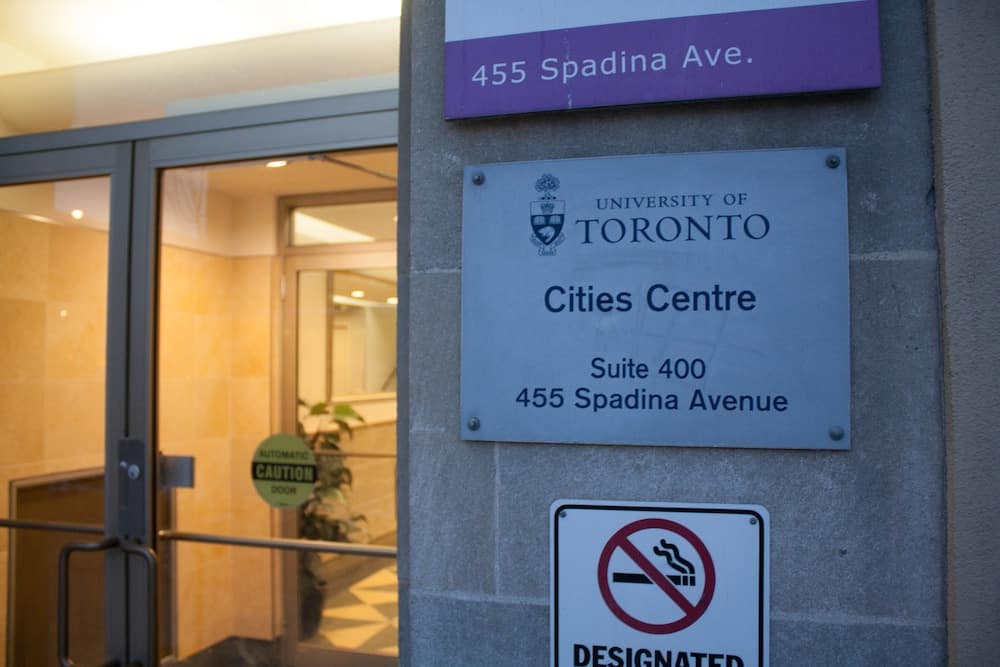The recent decision to close the University of Toronto Cities Centre, and merge it into the Global Cities Centre (GCI) has sparked controversy on campus, with some affiliated with the centre claiming the closure was instigated for cynical reasons.
Mariana Valverde, a professor at the Centre for Criminology and Sociolegal Studies attended the meeting at which the decision was announced. The meeting was organized and chaired by Richard Sommer, the Dean of the Faculty of Architecture, Landscape, and Design. Dr. Valverde claimed that no graduate or postgraduate students were present when the closing was announced, nor were any members of the faculty consulted. She is concerned that the centre’s focus on community partnerships and social justice renders it financially unprofitable in the eyes of the University.
Meanwhile, the university insists that the centre’s closure is in reality just a reorganization, a purely administrative move. A statement from Sommer’s office emphasized that the centre’s functions will continue under the direction of the Global Cities Centre (GCI). The statement claimed that the “reorganization of the City Centre’s location and functions are part of this larger process of looking at the best way to configure research centres and institutes at U of T,” and that the university has “recently committed to making scholarship, research and teaching on cities and city-building a major focus across the university.”
While Sommer’s statement did say that leadership from both institutions will be involved and that the centre’s functions will remain “focused on the policy, planning and design aspects of Greater Toronto Area,” it declined to offer further specifics.
Yet despite the justifications offered by the university, some affiliated with the Centre remain unconvinced. At a university headed by an urban geographer, the decision to close a venue of urban studies continues to attract controversy.


